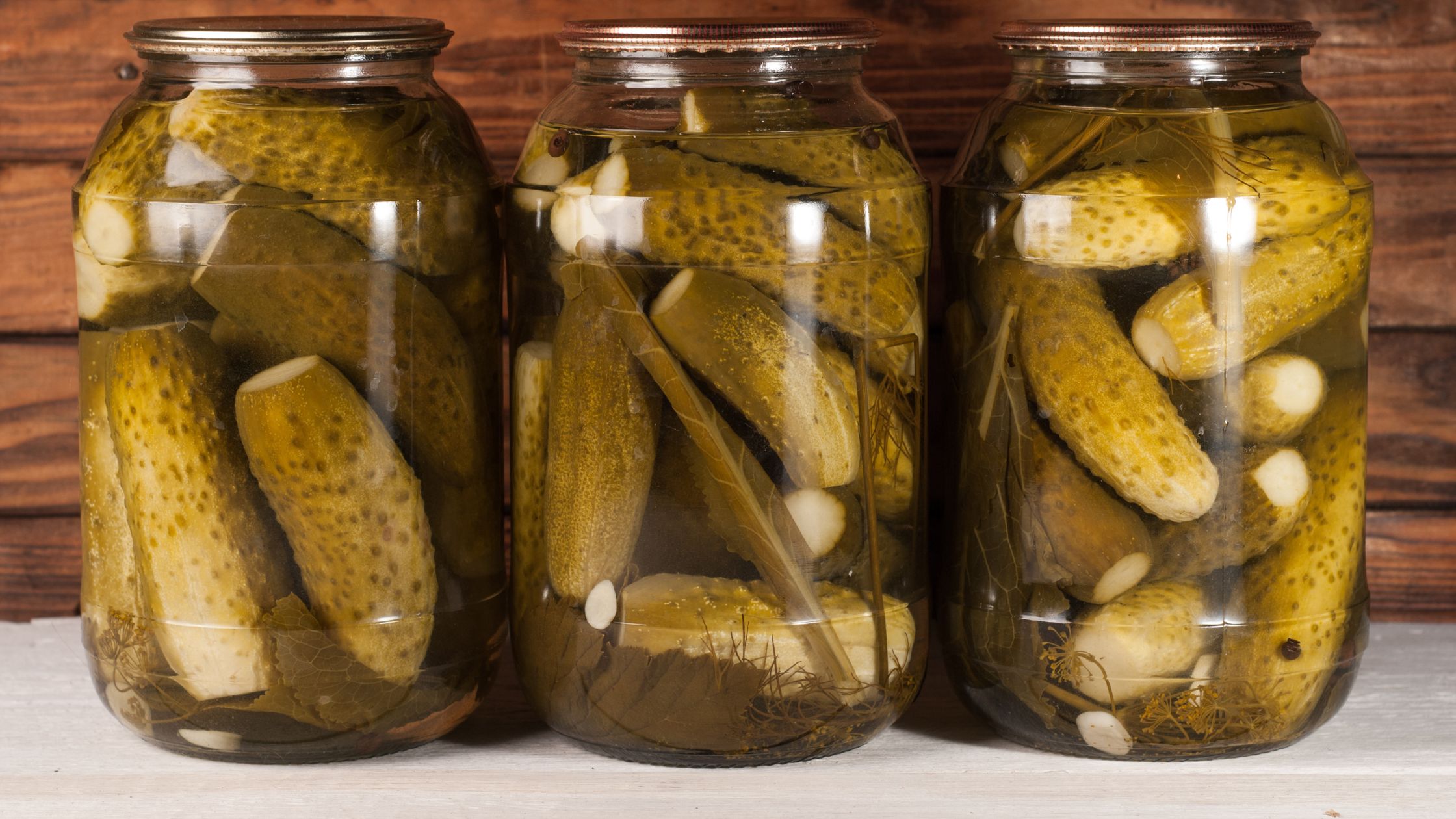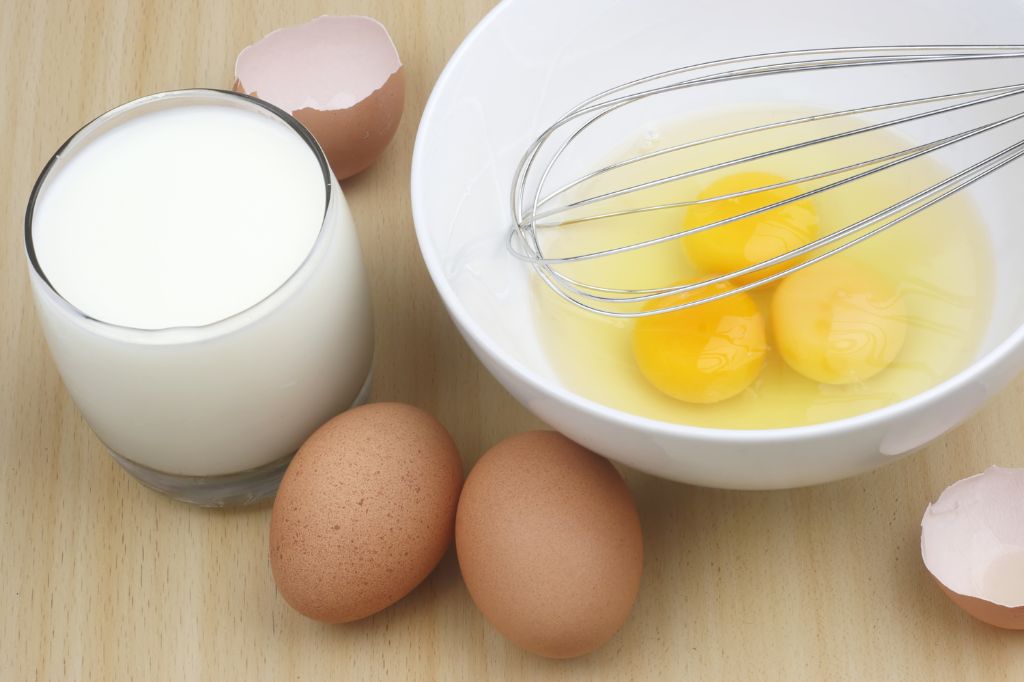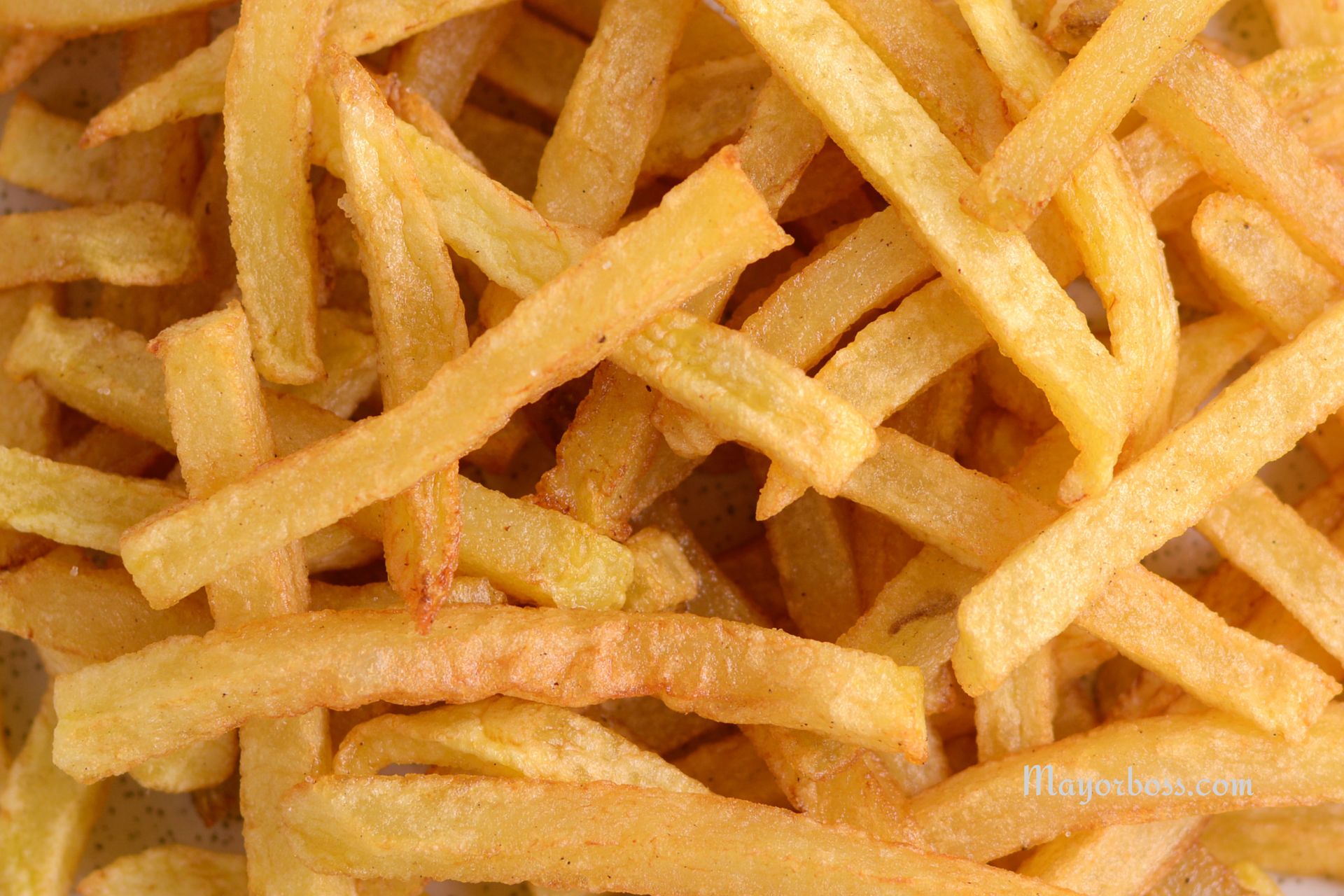4 Ways to Reduce Gas and Bloating from Beans
Gas and bloating from beans can be quite uncomfortable, but they don’t have to be a dealbreaker for enjoying this nutritious food. Let me share with you four effective ways to minimize the gas and bloating that beans can cause.

Soaking Beans Overnight Can Make a Big Difference
One of the simplest and most effective methods to reduce gas from beans is to soak them overnight. Trust me, this trick really works. By soaking beans, you help break down the complex sugars that can cause gas. Here’s what you need to do:
- Rinse the Beans: Start by rinsing your beans thoroughly under cold water. This removes any dirt and debris.
- Soak Them: Place the beans in a large bowl and cover them with water. The beans will expand, so make sure there’s plenty of water. Let them soak for at least 8 hours or overnight.
- Rinse Again: After soaking, drain and rinse the beans again. This step is crucial as it helps remove the sugars that cause gas.
- Cook Thoroughly: Cook the beans until they are soft. Proper cooking ensures that the beans are easier to digest.
By following these steps, you’ll find that beans are much easier on your stomach.
Gradually Increase Your Bean Intake to Let Your Body Adjust
If you’re not used to eating beans, your body might need some time to adjust. Often, I think about how this gradual approach can help minimize digestive discomfort. Here’s how you can do it:
- Start Small: Begin with small portions of beans and gradually increase the amount over several weeks. This allows your digestive system to adapt to the increased fiber and complex sugars.
- Combine with Digestive Aids: Adding herbs and spices like cumin, fennel, or ginger can aid digestion and reduce gas. These have been traditionally used to help with digestive issues.
- Pair with Other Foods: Eat beans with other easily digestible foods. This can help balance out your meal and make it easier on your stomach.
Remember, your body will adapt over time, and you’ll be able to enjoy beans without the discomfort.
Use a Pressure Cooker to Break Down Gas-Causing Compounds
Using a pressure cooker is another brilliant way to reduce gas from beans. This method not only saves time but also breaks down the oligosaccharides that cause gas. Here’s how to do it:
- Prepare the Beans: Rinse and soak the beans, as mentioned earlier.
- Use the Pressure Cooker: Place the soaked beans in the pressure cooker with fresh water. Cook them according to the manufacturer’s instructions, usually for about 20-30 minutes, depending on the type of beans.
- Let the Pressure Release Naturally: This ensures the beans are cooked thoroughly and reduces gas-causing compounds.
Pressure cooking can make a significant difference in how beans affect your digestive system.
Incorporate Digestive Enzymes and Probiotics for Better Digestion
Sometimes, adding a little help in the form of digestive enzymes and probiotics can make all the difference. Here’s what I’ve found works well:
- Digestive Enzymes: These supplements can help break down complex carbohydrates in beans. You can take them before meals to aid digestion.
- Probiotics: These beneficial bacteria can improve your gut health and reduce gas. Foods like yogurt, kefir, and fermented vegetables are great sources of probiotics.
- Fermented Beans: If you’re adventurous, try fermenting beans. This process can significantly reduce the compounds that cause gas.
Beans are a wonderful addition to any diet, packed with protein, fiber, and essential nutrients. By soaking them overnight, gradually increasing your intake, using a pressure cooker, and incorporating digestive aids, you can reduce gas and bloating and enjoy beans to their fullest. So keep on reading, and you’ll discover that beans can be a comfortable and healthy part of your meals!






